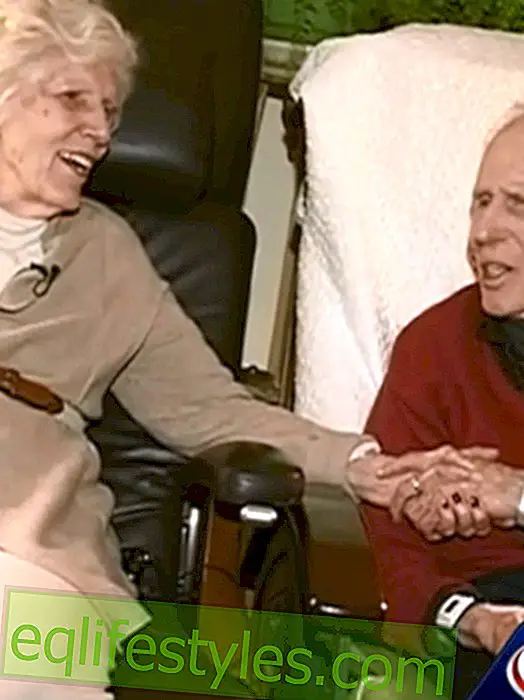
Photo: iStock
Secondary Drowning: Undreamed of danger after swimming
Hours after swimming, her son suddenly becomes unconscious. He has to go to the hospital immediately. Now the mother warns on the Internet from secondary drowning.
Summer, sun, bath time. When the temperature rises, there is often nothing better for children than splashing around in the pool. The same is true of Darcy McQueeny's son. But his bath day ends in the hospital. The mother now uses the Internet to warn parents of what nearly cost her boy's life: secondary drowning.
On a warm summer's day, the three-and-a-half year old is having fun by the pool, while a bit off the grown-ups have a look at the children playing. These are immediately on the spot, as the boy after a jump from the edge of the pool does not appear again. With lightning speed, they pull the little one out of the pool, who quickly recovers from the shock. As he continues to play, his mother is not worried.
Hours later, the boy is long since home, when he suddenly passes out. He also does not react to his mother's shaking, whereupon she worriedly calls an ambulance. The doctors can act just in time, Darcy's son survives. But the diagnosis is irritating: The boy almost drowned. How can that be when swimming is hours behind?
On the Internet, the mother now warns against the so-called secondary drowning, in which water accumulates in the lungs, which, however, makes itself felt later. With a photo of her son in the hospital bed, she posts the following words:
Please take a good look at this photo. This is my 3.5 year old laying unresponsive in a hospital less than six hours ...
Posted by Darcy McQueeney on Saturday, August 15, 2015
"Please take a close look at this photo. This is my three and a half year old, lying unconscious in a hospital bed less than six hours after jumping into a pool. He only went under for less than thirty seconds. He was watched by two sensible, conscientious adults less than three meters from the pool. That's why he's still alive because he was pulled out of the water so fast. However, the short time was enough to inhale water. The water he inhaled produced a fever and probably made him unconscious from a seizure. Immediately after the incident, he still talked and ate, only hours later, it went downhill. Everyone we met noticed what incredible happiness he had to be alive. Not only because he did not drown immediately, but because the risk of secondary drowning was enormously high. Although he could eat and talk and after the incident seemed ok, he was NOT ok. Safety should be a top priority at the water. Never leave your children unattended near any source of water. Even if you follow all the rules, accidents happen. Even if they seem normal after nearly drowning, please take them to the hospital. What if we thought he was okay and put him to bed? I do not know how to emphasize it enough. His nurse asked us to use the experience to catch attention. My son surprised everyone by recovering so quickly and is now ok, but he was lucky. Please increase awareness of how important it is to provide water safety, including after-care after a child has almost drowned. "
Posted by Darcy McQueeney on Wednesday, July 29, 2015
Secondary or dry drowning?
Only a few people are informed about the possibility of later drowning. One differentiates between the dry and the secondary drowning. The former can happen directly during the jump into the cold water. It is a spasm of the glutes, which is supposed to function as a protective mechanism against the inhalation of water. In some cases, however, the spasm persists for too long - the child suffocates without any fluids getting into the lungs at all.
In the case of secondary drowning, on the other hand, fluid accumulates in the lungs without being immediately noticed. The treacherous here: The symptoms appear later, so that association with swimming often happens too late. Even small accumulations of water, which are inhaled while playing or jumping in the water, can lead in the long term to inflammation and thus ever greater lack of oxygen.
How do I recognize the secondary drowning?
- difficulty breathing
- to cough
- Chest pain
- Tiredness and exhaustion
- Vomit
- paleness









